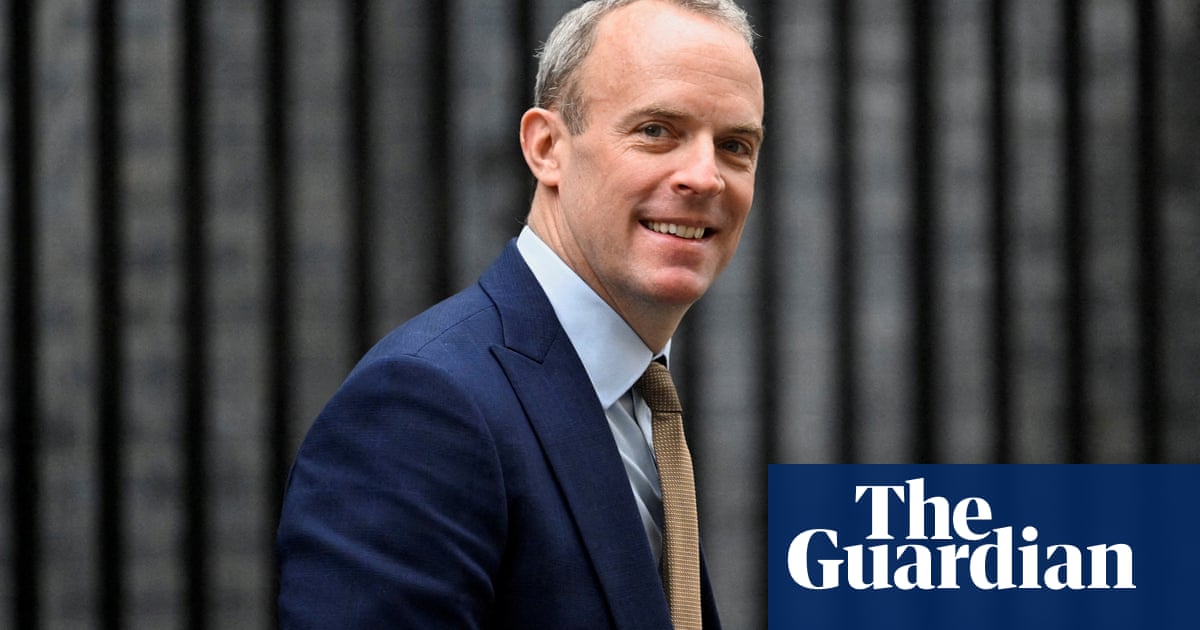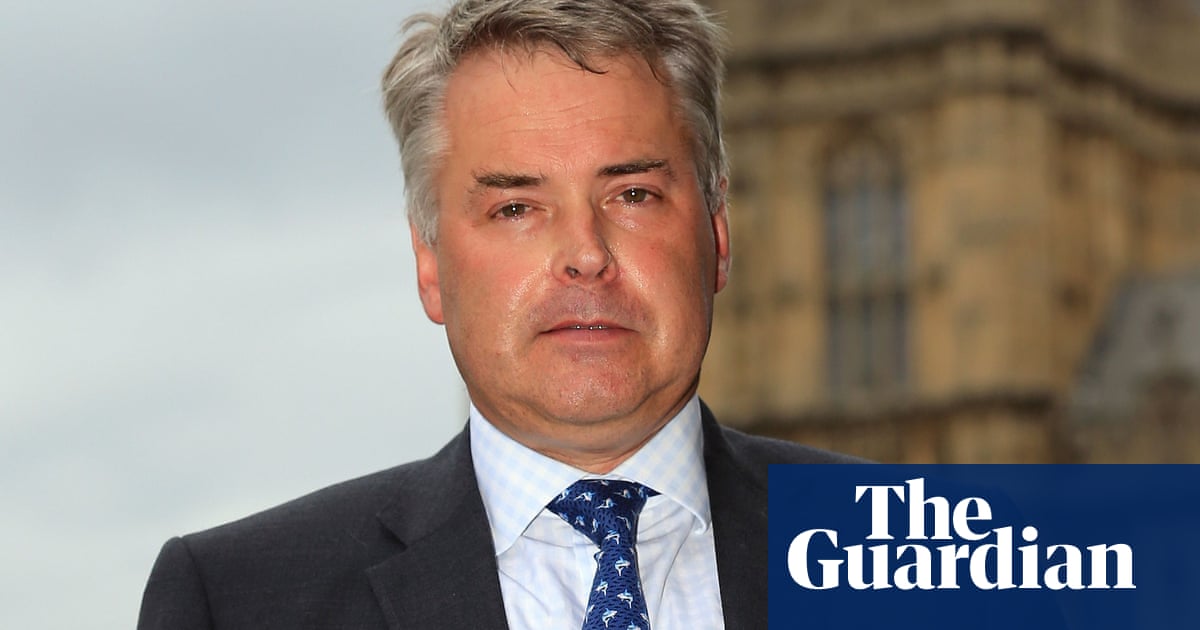
Dominic Cummings’s notorious trip to Barnard Castle in April was a “deeply unfortunate episode” that undermined the government’s coronavirus message, the justice secretary, Robert Buckland, has admitted.
Appearing on the BBC’s Question Time on Thursday, Buckland was asked by the host, Fiona Bruce, if he thought the former chief Downing Street adviser broke the guidelines.
“Look, it was a deeply unfortunate episode. There is no doubt about that and it didn’t help when it came to creating a consistent message,” Buckland replied.
It marks the first time a senior government minister has publicly acknowledged this since the paymaster general, Penny Mordaunt, said there were “inconsistencies” in Cummings’s account of his actions during lockdown and apologised to her constituents for how the incident “undermined key public health messages”. Douglas Ross, who was then Scotland minister, resigned in protest over the affair.
At the time, as many as six cabinet ministers privately disclosed to colleagues that they thought Cummings should go, and several did not publicly defend or express support for him. In May, Buckland wrote in the Swindon Advertiser that he “completely understood” the strength of public feeling on the issue, but did not comment further.
Earlier that month, the Guardian and the Daily Mirror revealed that the No 10 aide had driven 264 miles from his London home to his parents’ property in Durham on 27 March with his sick wife and child, at a time when the public were being told to stay at home to stop the spread of coronavirus.
Cummings also admitted to the 60-mile round trip to Barnard Castle, claiming he wanted to test his eyesight and to check if he was fit enough to make the long drive back down to London.
The revelations unleashed a wave of public anger. MPs were bombarded with tens of thousands of emails from furious constituents and Boris Johnson faced growing discontent and revolt among his own backbenchers at his refusal to sack Cummings.
Durham’s former police chief said the Cummings affair undermined lockdown enforcement and a study published in the Lancet found there was a clear and lasting Cummings effect on public confidence in the government’s handling of the pandemic, with willingness to adhere to guidelines plummeting, particularly in England.
The tumultuous Cummings era came to a dramatic end in November when Johnson ordered him to leave Downing Street with immediate effect following a bitter row over the departure of Lee Cain, who was then No 10’s director of communications.












